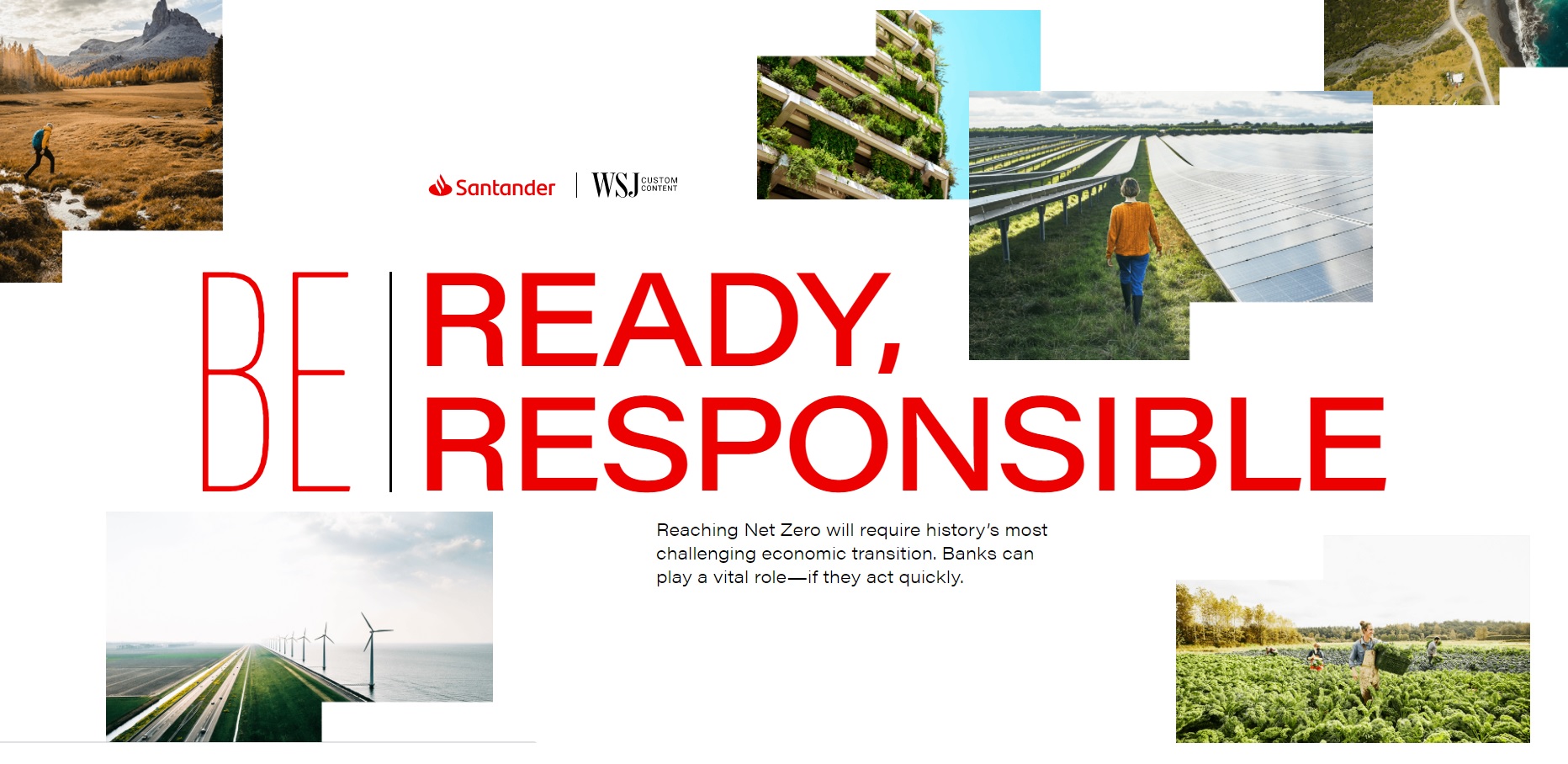The EIB is providing two guarantees of €500 million each to support companies affected by the COVID-19 crisis: one for Spanish businesses and the other for companies located in Austria, France, Germany and Italy.
Santander is making an additional €1 billion available to Spanish and European companies.
The operation is being carried out under the Pan-European Guarantee Fund (EGF).
Madrid, 21 June 2021 – PRESS RELEASE
Today, the European Investment Bank (EIB) signed two agreements with Santander under the Pan-European Guarantee Fund (EGF), approved as part of the €540 billion package of measures with which the European Union is responding to the economic impact of COVID-19.
The EIB will provide Santander with two guarantees of up to €500 million each to support small and medium-sized enterprises (SMEs), mid-caps and large companies affected by the pandemic. The two guarantee lines, totalling €1 billion, intend to inject liquidity into companies by enabling early payments to suppliers, normally SMEs. Santander will provide an additional €1 billion, meaning that a total of €2 billion in funding will be made available to businesses affected by the COVID-19 crisis.
Thanks to these agreements, SMEs, mid-caps and large companies will benefit from greater liquidity and will be able to protect jobs, with a positive impact on the entire supply chain. Santander, a leading trade finance bank, has been a pioneer in promoting financial support for companies in the form of advance payments to suppliers.
One of these €500 million guarantees will target businesses in Spain, while the other (of the same amount) will benefit companies located in other EU countries such as Austria, France, Germany and Italy. Moreover, these revolving credit lines will enable Santander to multiply the amount of the guarantee through short-term discounting.
The agreements involve a guarantee scheme that will support a programme to finance the supply chain of large and medium-sized enterprises, facilitating access to finance for the final beneficiaries – SMEs and mid-caps – through reverse factoring (“confirming”). Specifically, Santander will make advance payment to suppliers of the invoices they issue to their corporate customers.
The EIB support will enable SMEs and large enterprises to achieve significant economic benefits. SMEs will receive prompt payment for the goods and services they provide without having to use their own credit lines and will have more liquidity for investment, while larger companies will avoid payment delays and the resulting interest payments by enabling their suppliers to obtain advance payment of their invoices via Santander. The EGF will protect Santander against 50% of the risk of non-payment by client companies.
José M. Linares, Senior Executive Vice President Banco Santander and head of Santander Corporate & Investment Banking, said: “The health crisis caused by COVID-19 has once again highlighted the key role played by financial institutions in providing liquidity to small and medium-sized enterprises and large multinationals to enable them to maintain the flow of funds into their supply chains and cushion the impact of this crisis. Thanks to its position as a European leader in supplier payment programmes, Santander worked with the EIB team to structure this innovative solution within the framework of the new Pan-European Guarantee Fund. Santander’s purpose is to help people and businesses prosper, and we are delighted to work together with the EIB on a scheme that helps to optimise European companies’ working capital and will increase our capacity to support trade flows of companies affected by the pandemic.”
EIB Vice-President, Ricardo Mourinho Félix, who oversees the EU bank's operations in Spain, said: “We are proud to be able to support companies of different sizes both in Spain and in other European countries thanks to the Santander network. The economic impact of the current health crisis has highlighted the need to optimise the working capital of companies struggling to pay their suppliers and, therefore, stay in business. Agreements like this are essential to solving the liquidity problem and to reducing the volume of advance payment requests, thus boosting productivity and safeguarding jobs in Spain and Europe.”
Background information:
Banco Santander (SAN SM, STD US, BNC LN) is a leading retail and commercial bank, founded in 1857 and headquartered in Spain. It has a meaningful presence in 10 core markets in the Europe, North America and South America regions, and is one of the largest banks in the world by market capitalization. Its purpose is to help people and businesses prosper in a simple, personal and fair way. Santander is building a more responsible bank and has made a number of commitments to support this objective, including raising over €120 billion in green financing between 2019 and 2025, as well as financially empowering more than 10 million people over the same period. At the end of the first quarter of 2021, Banco Santander had €1.1 trillion in total funds, 149 million customers, of which 23.4 million are loyal and 44.2 million are digital, 10,800 branches and 190,000 employees.
Santander Corporate & Investment Banking (Santander CIB) is Santander’s global division that supports corporate and institutional clients, offering tailored services and value-added wholesale products suited to their complexity and sophistication, as well as to responsible banking standards that help our communities prosper.
The European Investment Bank (EIB) is the long-term lending institution of the European Union owned by its Member States. It makes long-term finance available for sound investment in order to contribute towards EU policy objectives.
The European Guarantee Fund (EGF) was set up by the EIB Group with contributions from Spain and other EU Member States to shield companies suffering from the COVID-19 crisis. Using nearly €25 billion in guarantees, the EGF allows the EIB and the EIF to quickly make loans, guarantees, asset-backed securities, equity and other financial instruments available to mostly small and medium-sized enterprises and mid-caps. The EGF is part of the European Union’s recovery package aiming to provide a total of €540 billion to boost those parts of the EU economy that have been hit the worst.











